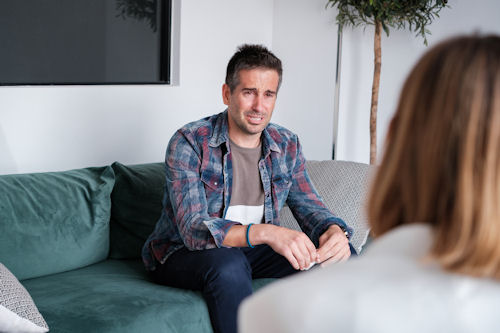Addiction Counseling in Westlake Village
Therapy at Westlake Village Recovery Center

Individual Therapy
Unlike group settings, individual therapy moves at your pace and focuses entirely on your unique needs. You can expect a blend of talk therapy, skill-building exercises, and personalized feedback to foster self-awareness and positive change. Many clients find this to be the cornerstone of their recovery, as it creates a safe space to process emotions and build resilience against relapse.

Group Therapy
Common group topics include relapse prevention, managing cravings, and rebuilding self-esteem. While sharing personal stories can feel vulnerable at first, most clients find group therapy incredibly validating and empowering as they progress in their recovery journey.

Family Therapy

CBT
You’ll practice real-world strategies through role-playing, journaling, and behavioral experiments. CBT is particularly helpful for those who struggle with anxiety, depression, or impulsive decision-making alongside addiction. Most clients attend weekly sessions and complete “homework” exercises to reinforce skills. Over time, CBT rewires the brain’s response to triggers, reducing reliance on substances as a coping mechanism.

DBT
- Mindfulness: Staying present instead of numbing emotions with substances
- Distress Tolerance: Coping with cravings/urges without acting on them
- Emotion Regulation: Managing overwhelming feelings healthily
- Interpersonal Effectiveness: Communicating needs and setting boundaries
DBT is ideal for those with co-occurring disorders like PTSD, borderline personality disorder, or chronic suicidal thoughts. The therapy balances acceptance with change.

EMDR Therapy
Unlike traditional talk therapy, EMDR doesn’t require detailed discussion of trauma. Clients often experience:
- Reduced cravings triggered by trauma reminders
- Less shame/guilt about past events
- Improved emotional regulation
A typical course involves 8-12 sessions. EMDR is especially powerful for veterans, abuse survivors, and those with treatment-resistant addiction.

Motivational Interviewing
Unlike confrontational approaches, MI meets you where you are. Many clients report increased motivation after just 2-3 sessions. It’s often combined with other therapies like CBT or medication-assisted treatment.
How Does Therapy Treat Addiction?
Addressing Root Causes: Trauma, Stress, and Mental Health
Addiction doesn’t happen in a vacuum. Many individuals struggling with substance use are also coping with trauma, anxiety, depression, or unresolved emotional pain. Our therapy options are carefully chosen to target these underlying issues:
- EMDR (Eye Movement Desensitization and Reprocessing) helps clients process and reframe traumatic memories that may be fueling substance use.
- Cognitive Behavioral Therapy (CBT) helps identify and change thought patterns linked to depression and anxiety that drive addiction.
- Dialectical Behavior Therapy (DBT) teaches emotional regulation to manage intense feelings without turning to drugs or alcohol.
- Individual therapy creates space to explore how early life experiences or past trauma may be shaping current behaviors.
For example, someone using opioids to cope with PTSD flashbacks might engage in EMDR to process trauma while using CBT to develop healthier ways to respond to stress and triggers.
Building Practical Coping Strategies for Triggers and Cravings
Therapy at Westlake Village Recovery Center focuses on developing real-world tools to manage cravings and avoid relapse. Each modality offers specific techniques:
- In CBT, clients learn strategies like urge surfing, where they observe cravings as temporary waves rather than reacting to them.
- DBT provides coping tools such as TIPP skills—temperature change, intense exercise, paced breathing, and progressive muscle relaxation—to help calm the nervous system during cravings.
- Motivational Interviewing (MI) teaches the DEADS method (Delay, Escape, Accept, Dispute, Substitute) to navigate moments of temptation.
- In group therapy, clients role-play difficult situations and receive support and feedback from peers.
By the end of treatment, each client leaves with a personalized relapse prevention plan that outlines their top triggers and step-by-step strategies for managing them.
Providing Accountability and Ongoing Support
Structure is a crucial component of recovery, and our therapeutic programs are designed to foster accountability every step of the way. Each modality contributes to this in different ways:
- In CBT, clients track their thoughts and behaviors weekly to identify patterns and progress.
- DBT uses diary cards to monitor emotions, urges, and coping skill use.
- Group therapy encourages consistent check-ins with peers, creating mutual accountability.
- Motivational Interviewing helps clients build personalized change plans, outlining clear goals and action steps.
Regular assessments with clinicians ensure that clients are meeting benchmarks and staying aligned with their recovery objectives. This consistent structure helps build momentum in treatment and significantly increases program retention.
Reducing Relapse Risk Through Cognitive and Behavioral Change
One of the most powerful outcomes of therapy is the transformation in how clients think and behave. Our integrated treatment approach works to change core beliefs and automatic reactions that can lead to relapse.
- CBT challenges and reframes thoughts like “I need a drink to get through social events,” replacing them with healthier, more realistic perspectives.
- DBT equips clients with tools to cope with self-destructive urges in more productive ways.
- EMDR reduces the emotional intensity of trauma-related triggers.
- Motivational Interviewing increases motivation and strengthens the client’s internal commitment to change.
- Family therapy addresses environmental stressors or dynamics at home that may have previously enabled addictive behavior.
We Can Help You Recover
Whether you’re just beginning your journey or continuing after detox or inpatient treatment, our therapeutic programs are tailored to meet you where you are and help you move forward.

